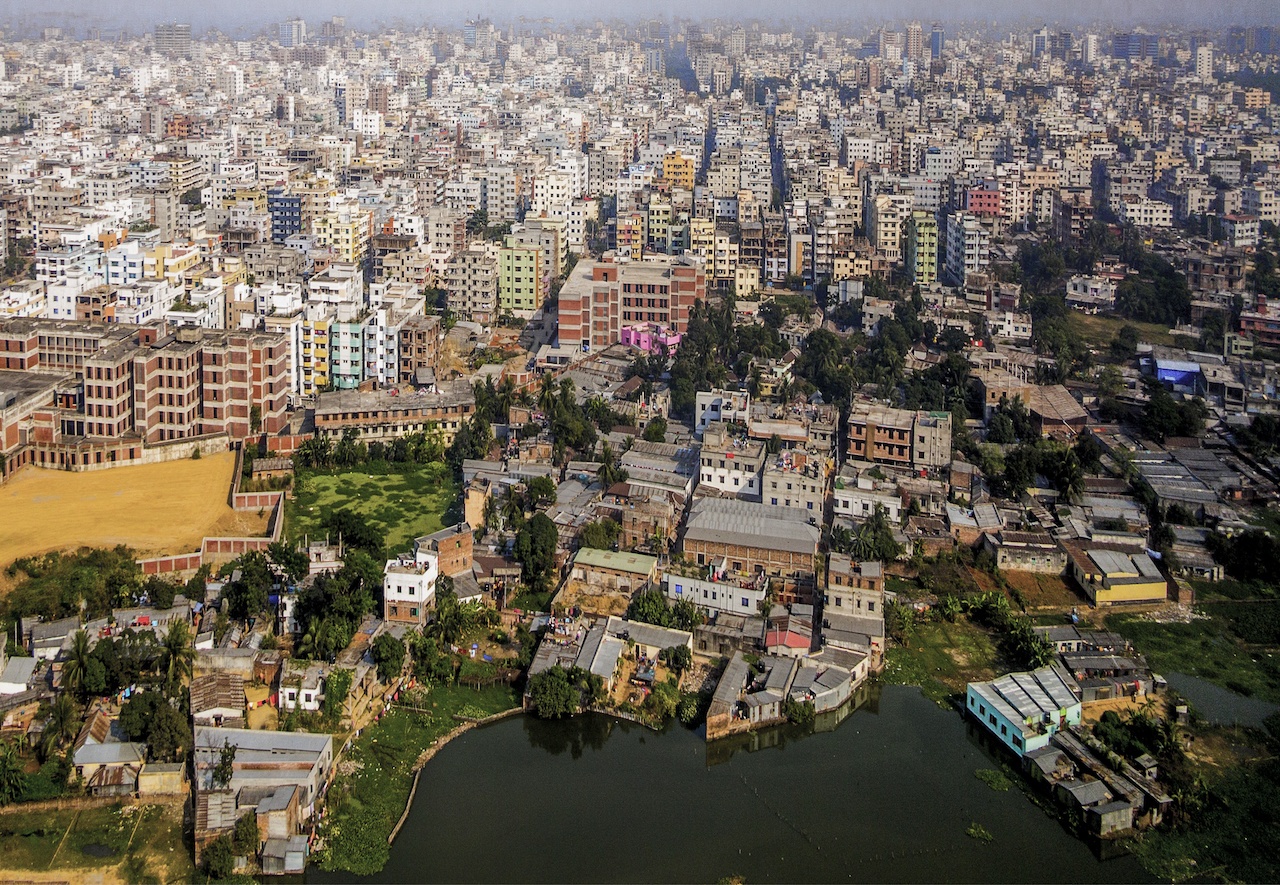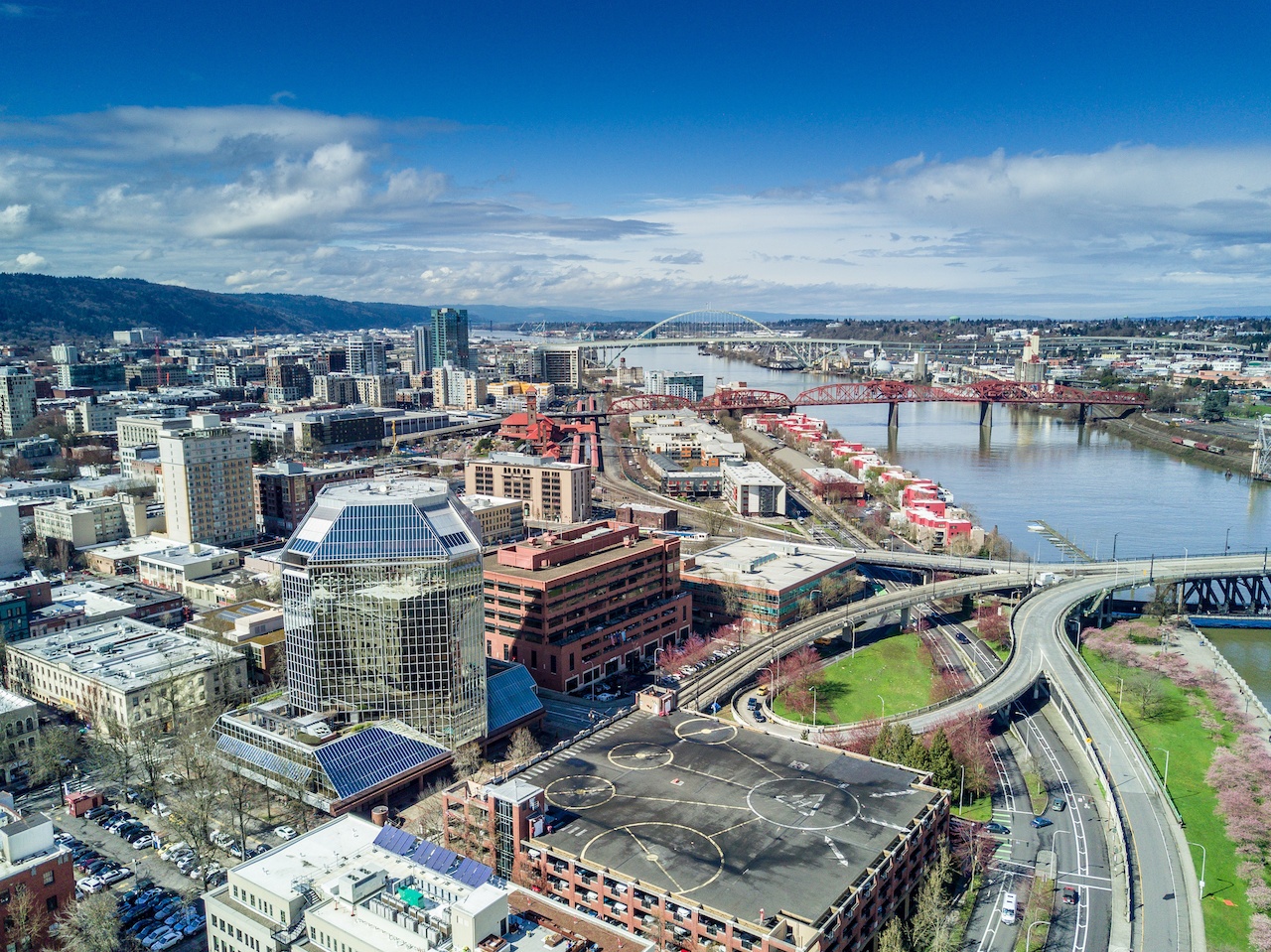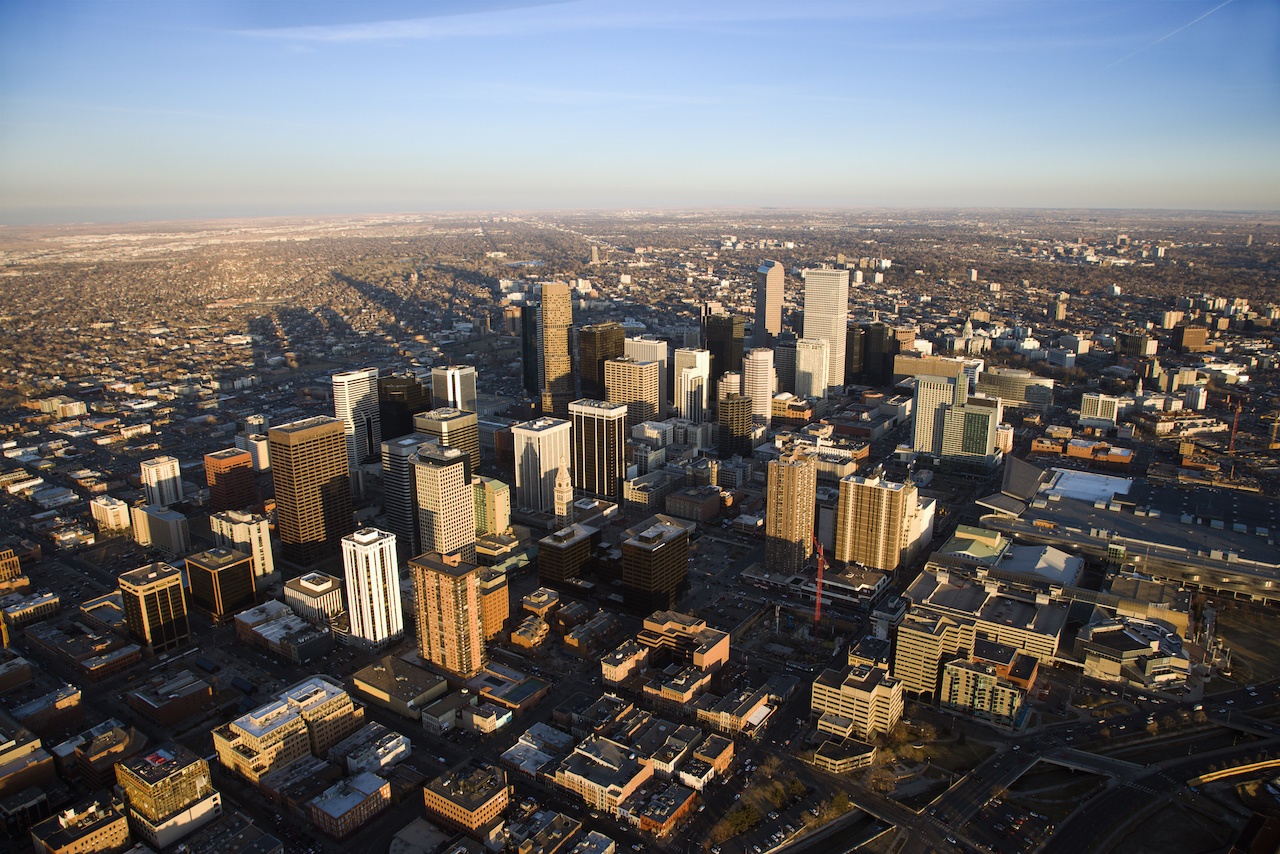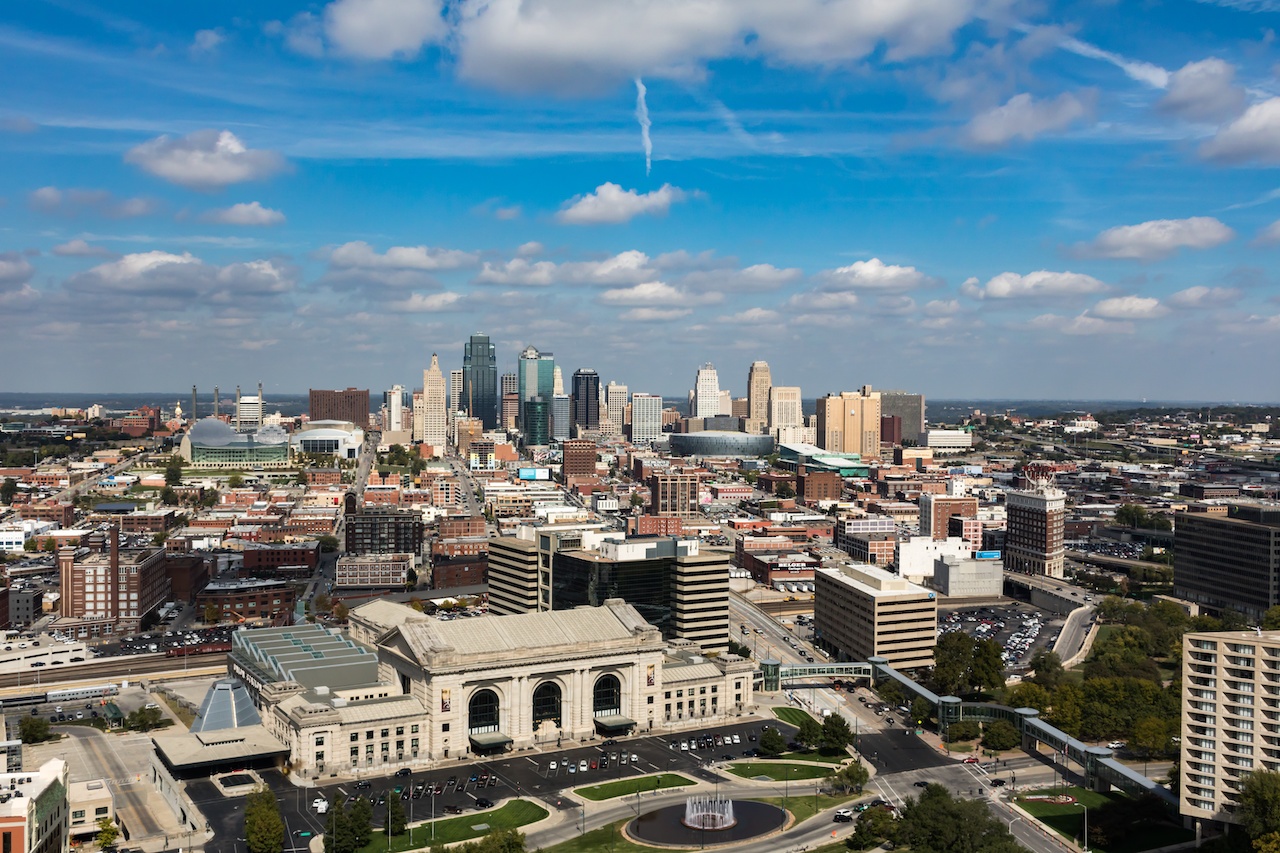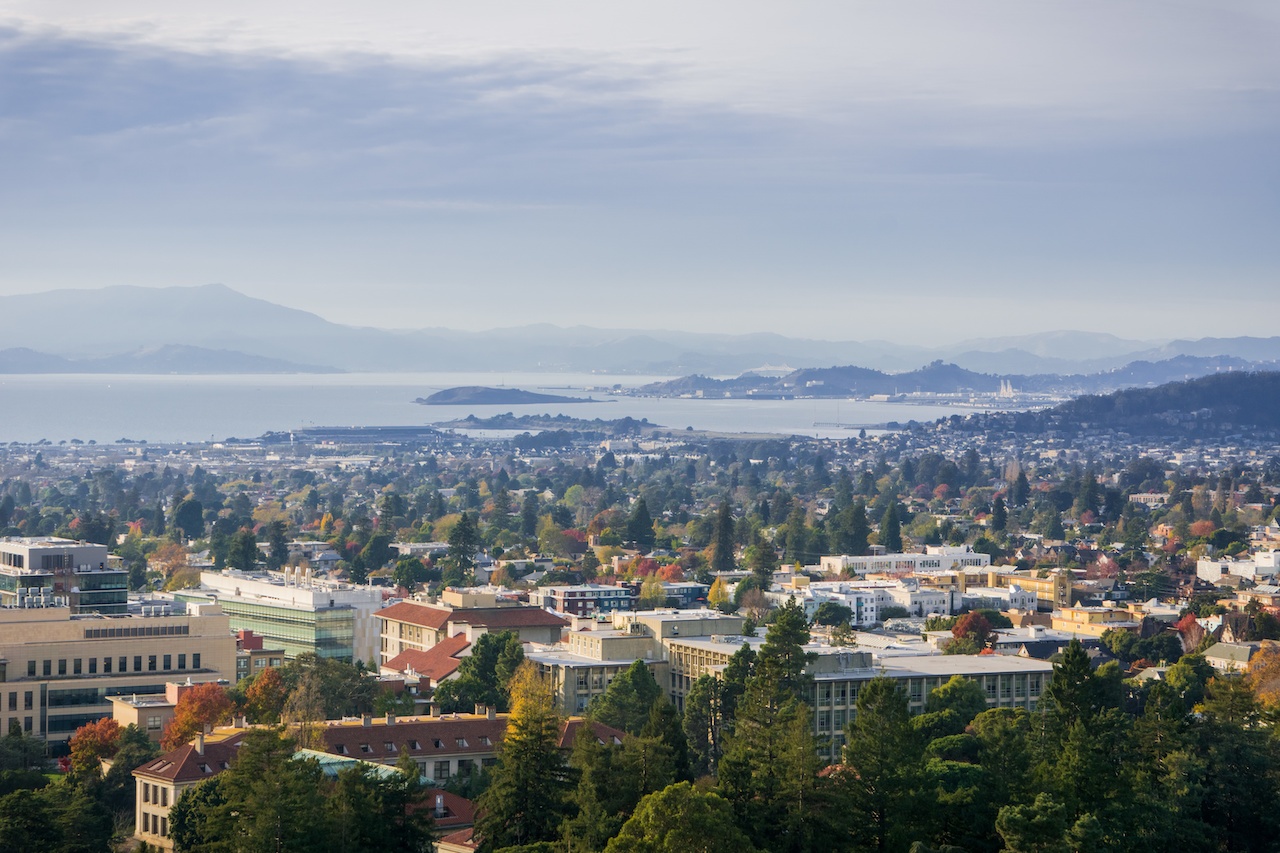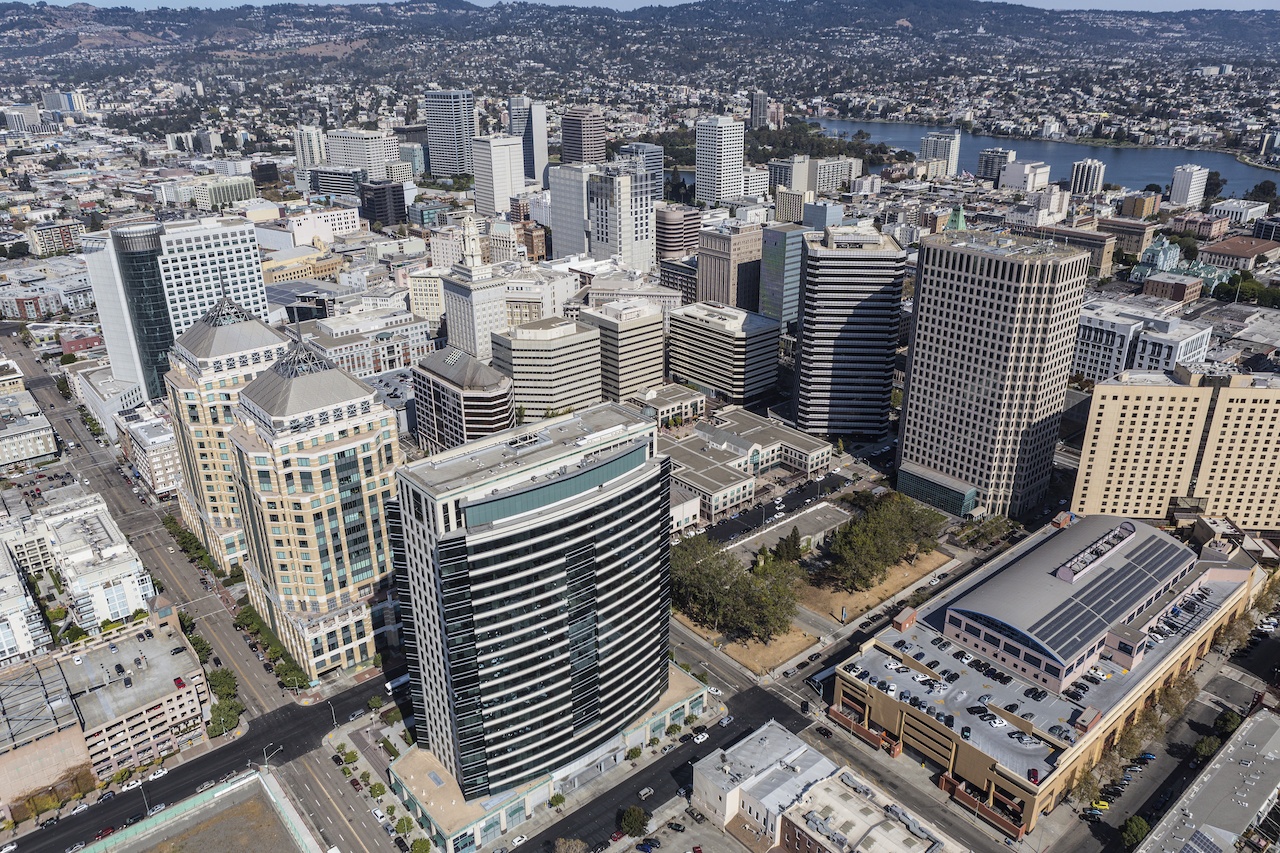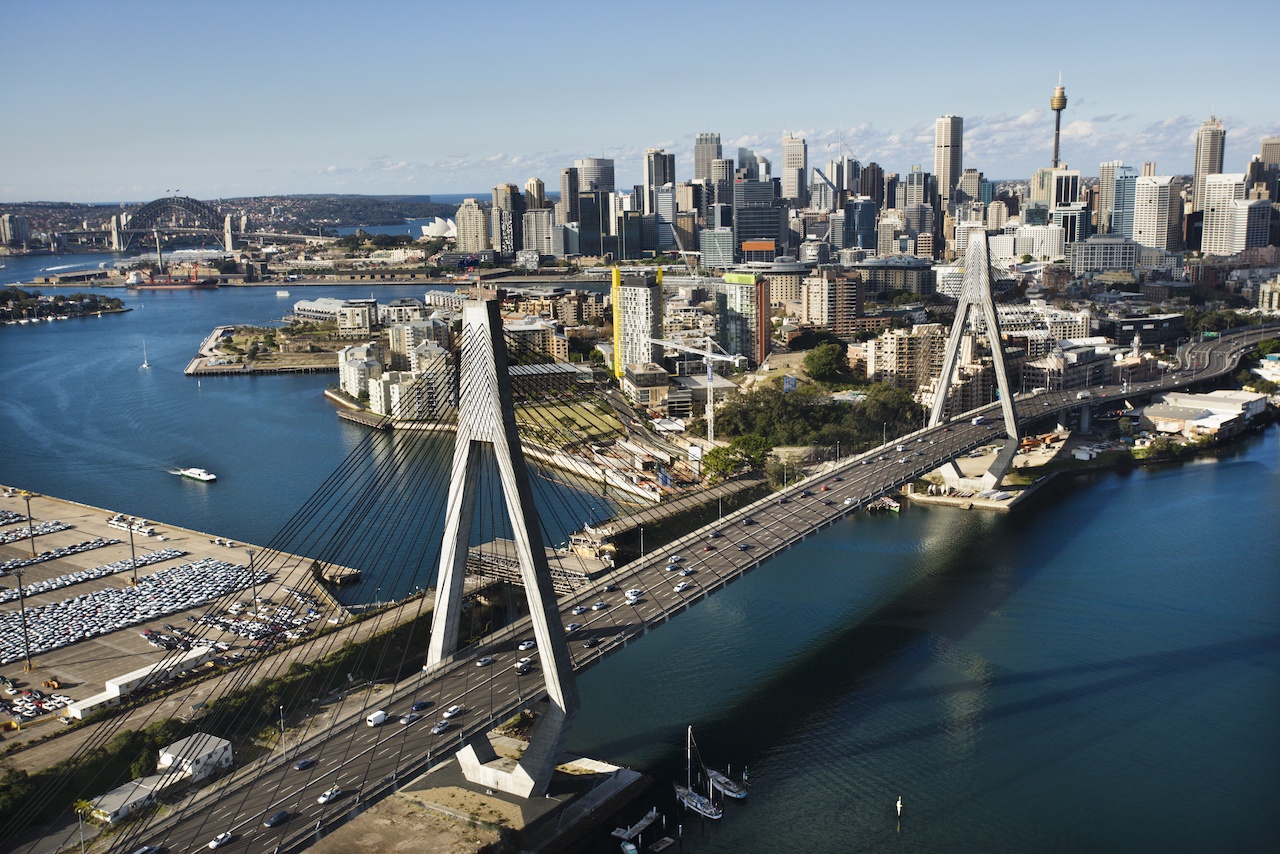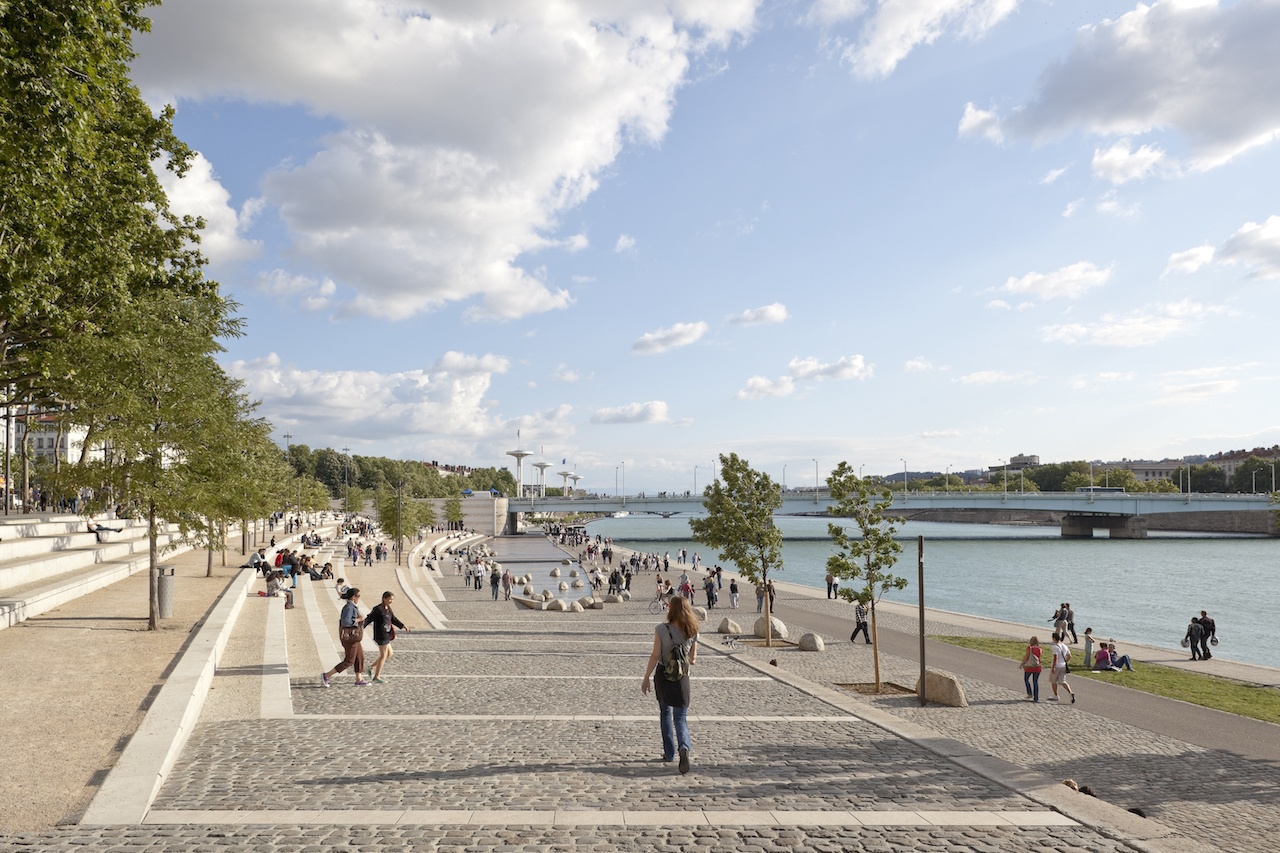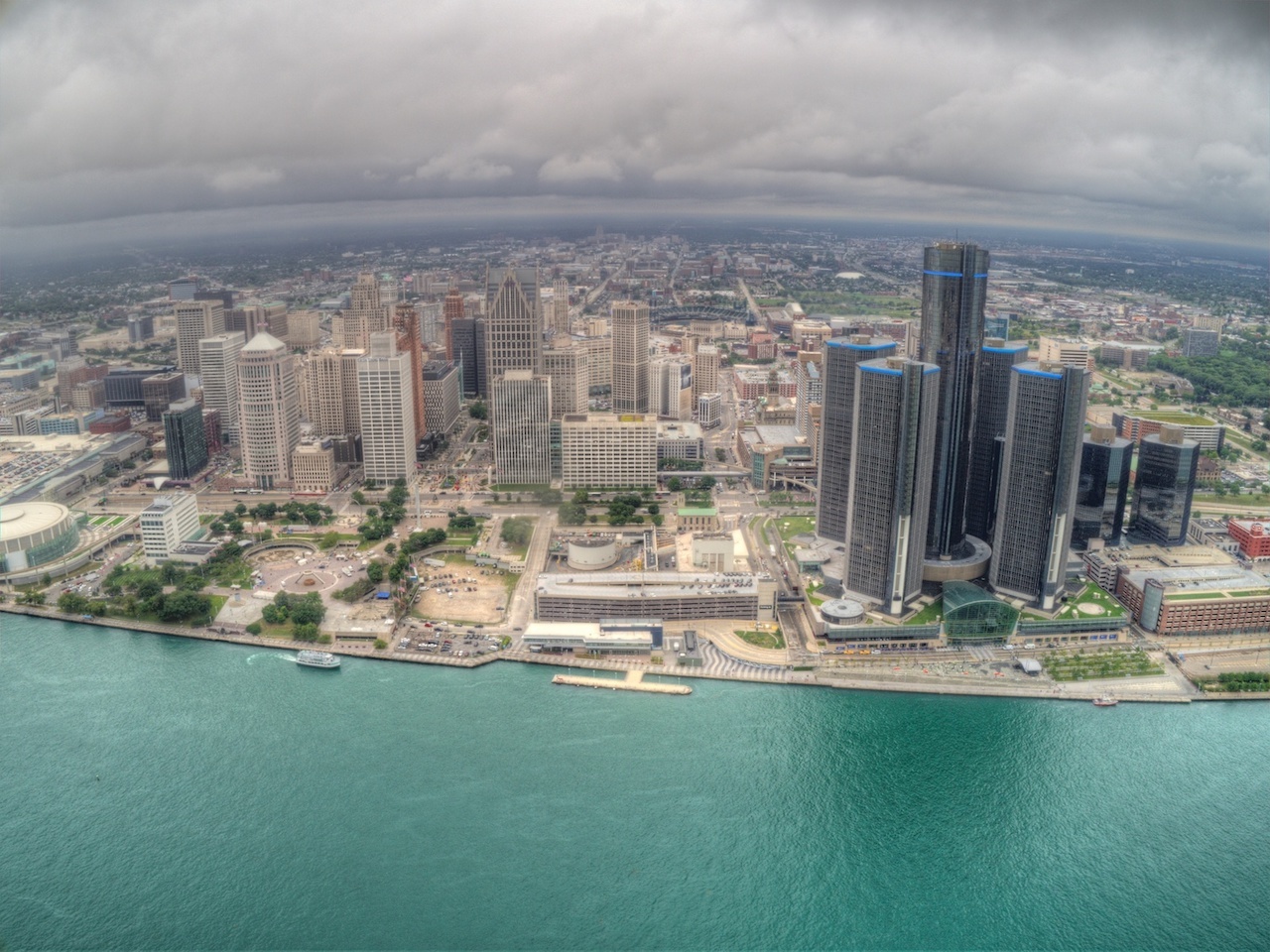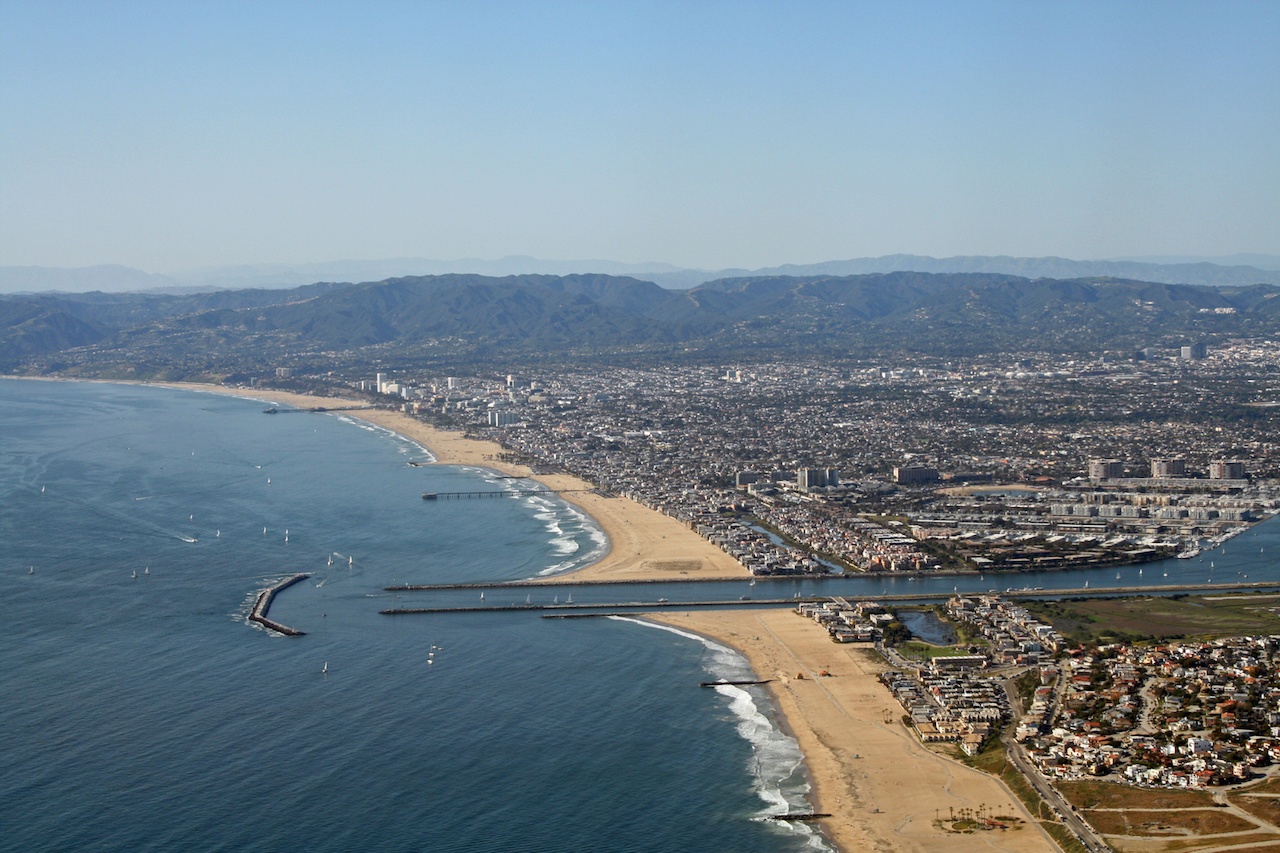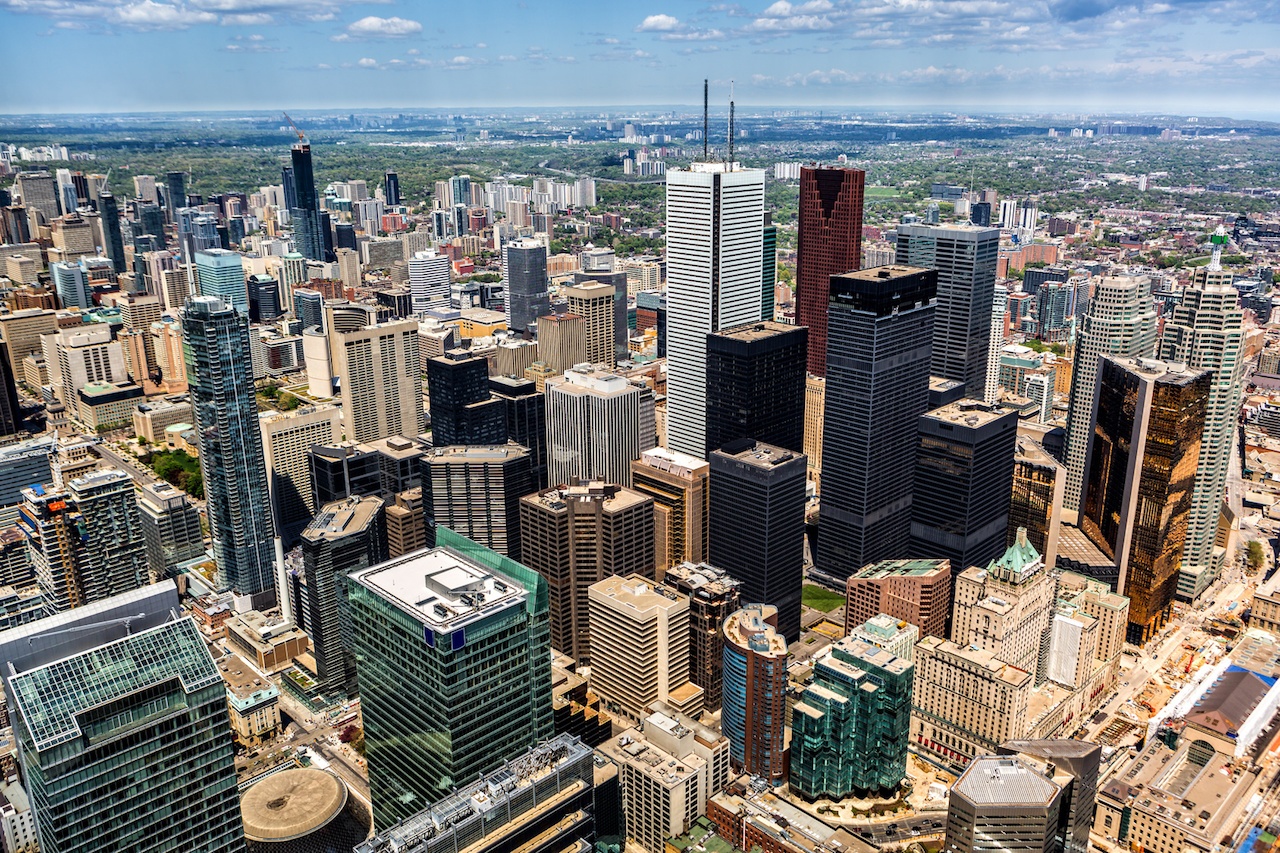Society
A broad category of content focused on societal issues in cities.
Examples: health, community, social equity, education, arts & culture, and homelessness.
Using Blockchain in Smart Cities
Blockchain has the potential to create countless smart networks and grids, altering how we do everything from vote and build credit to receive energy. In many ways, it could be a crucial component of what is needed to circumvent outdated systems and build long-lasting solutions for cities.
Take, for instance, electricity. With the help of blockchain, we can turn microgrids into a reality on a macro scale, enabling communities to more easily embrace solar power and other more sustainable sources, which in turn will result in fewer emissions and lower healthcare costs and rates of disease.
Change the Rules of Housing and Let Tiny Houses & ADUs Flourish
Right-sized living is far from a new idea. The architect Le Corbusier was a pioneer, from his cabanon at the Cote d’Azur to the super-efficient and well-designed density of Unite d’Habitation. This was a good idea then, as it is now. This is a classic case of the importance of the underlying rules of the game – the land use regulations, zoning, and building codes that guide our built environment. These more technical matters aren’t nearly as sexy as the shelter porn in Dwell magazine. But you can’t have one without the other.
5 Ways to Democratize Access to Clean Energy Technology
California recently became the second state to pass a 100% clean energy standard, three years after Hawaii passed a similar law. As the fifth largest economy in the world, California has a tall order to fill in terms of making the transition to clean energy. How can California, and other states that wish to follow suit, fulfill this ambitious task? They will need to provide affordable, relevant, and accessible energy options to every one of its residents, prioritizing those who have historically been overlooked and left out of the clean energy conversation due to economic circumstance or social inequity.
7 Recommendations from Health and Transportation Focus Groups
Planners, engineers, and public health professionals all speak different languages. They may even use different terms to express similar ideas: for example, a planner may recommend tactical urbanism to improve neighborhood walkability, whereas an engineer may ascribe experimental countermeasure terminology to the same scenario, and a public health professional may view the solution in terms of an intervention. And community members may find all these terms unintelligible. In our focus groups, we heard that practitioners need to “get people on the same page” because of the differences we carry in our heads about transportation concepts.
How Community-Funder Collaboratives Can Build Regional Power
Foundations are notorious for creating their own funding strategy without any guidance from the communities they seek to support, imposing their strategy on grantees, and expecting them to achieve pre-determined outcomes that support those strategies. Within the Collaborative, we ask that funders listen to and trust the grassroots leaders and organizations, who we know are best positioned to propose the most effective solutions for their communities.
Key Findings from Climate Adaptation Report
At the request of Kresge, a leading philanthropy focused on adaptation in the US, I joined with Dr. Susi Moser with Susanne Moser Research and Consulting and Aleka Seville at the time with Four Twenty Seven Inc. to conduct interviews and surveys with almost 100 leaders representing the public, private, and NGO/civic sectors and academia, covering a wide range of adaptation-related expertise and perspectives.
The Frontlines of Community-Driven Clean Energy
What does an African-American church in East Oakland, California and a Veterans of Foreign Wars post in Little River, South Carolina have in common? They both are solar powered thanks to the efforts (and dollars) of their empowered community members.
Building a ‘Greenfields’ Smart City in Australia
The Sunshine Coast is growing from a series of regional villages and towns, with a large beautiful rural hinterland, to a mature urban decentralised city-state region. To complete the transition to a modern 21st century “city”, the region required a contemporary urban city centre built on digital foundations.
How Lyon is Testing the Self Data Concept to Empower Citizens
Because curated data have definitely become a currency, private data – characterized as establishing relations or transactions between persons/actors – gives the power back to the user when it is retrieved through a self-data mechanism.
How Homeownership Builds Individual and Community Wealth
The importance of property ownership is older than our nation itself. And although (thankfully) owning property is no longer a requirement for voting, home ownership makes a difference to the lives and life outcomes of individuals and their families.
Resilience Calls for Smart Planning and Great Leadership
Fear can spurn action but it can often be paralyzing. When it comes to “acts of God,” leaders can take a fatalistic or resigned approach. We can’t prevent earthquakes or hurricanes, so if the big one hits, what really can we do about it? The fallacy in this approach is an all or nothing perspective. The belief that if I cannot solve the entire problem, then why bother?
Fostering Innovation & Learning with the Teaching City
The world spends far more money on urban infrastructure than health care, and there are about four-times as many urban practitioners as health care providers, yet, up until last year, there was not a single teaching city. The City of Oshawa is hoping to start a new trend – similar to a teaching hospital. The City is now serving as a ‘teaching city,’ complete with urban interns and city-based research.

